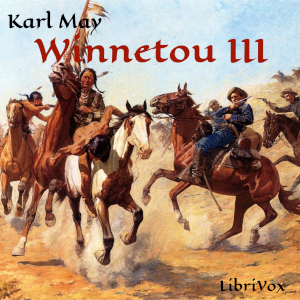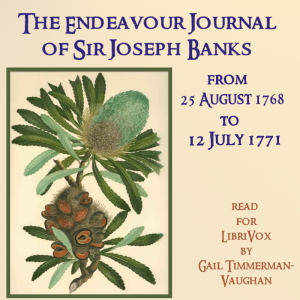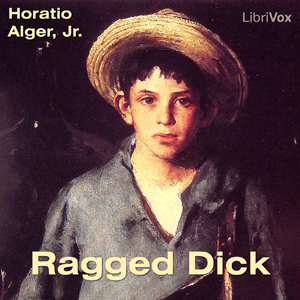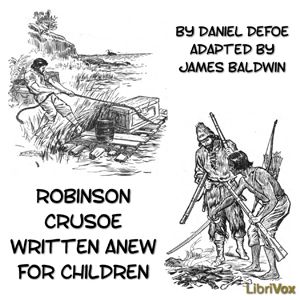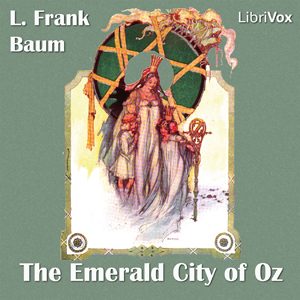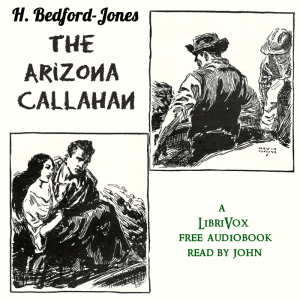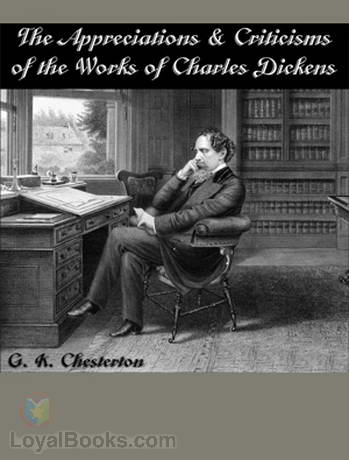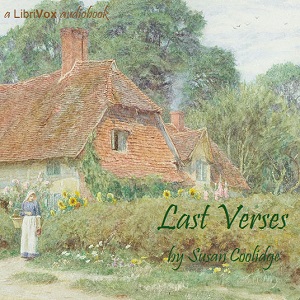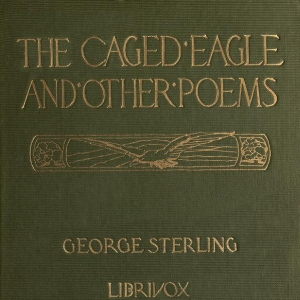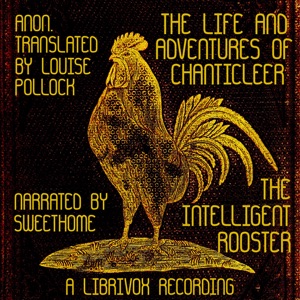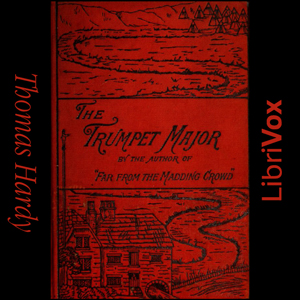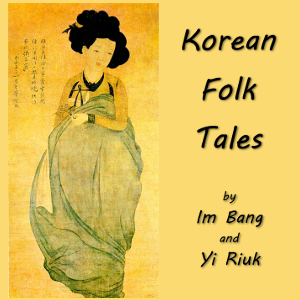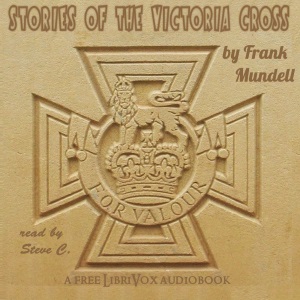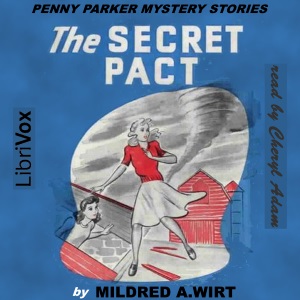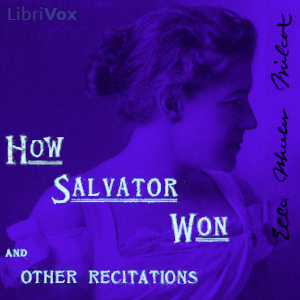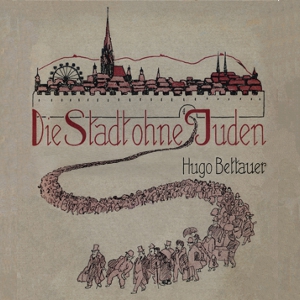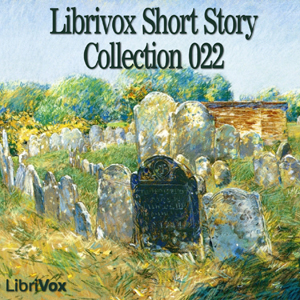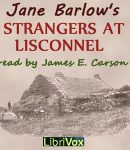Sir Walter Raleigh (c. 1552 – 29 October 1618) was an English aristocrat, writer, poet, soldier, courtier, spy, and explorer. He is also well known for popularising tobacco in England. Raleigh’s poetry is written in the relatively straightforward, unornamented mode known as the plain style. C. S. Lewis considered Raleigh one of the era’s “silver poets”, a group of writers who resisted the Italian Renaissance influence of dense classical reference and elaborate poetic devices. In poems such as “What is Our Life” and “The Lie”, Raleigh expresses a contemptus mundi (contempt of the world) attitude more characteristic of the Middle Ages than of the dawning era of humanistic optimism. But, his lesser-known long poem “The Ocean to Cynthia” combines this vein with the more elaborate conceits associated with his contemporaries Edmund Spenser and John Donne, expressing a melancholy sense of history. A minor poem of Raleigh’s captures the atmosphere of the court at the time of Queen Elizabeth I. His response to Christopher Marlowe’s “The Passionate Shepherd to His Love” was “The Nymph’s Reply to the Shepherd”. “The Passionate Shepherd to His Love” was written in 1592, while Raleigh’s “The Nymph’s Reply to The Shepherd” was written four years later. Both were written in the style of traditional pastoral poetry. They follow the same structure of six four-line stanzas employing a rhyme scheme of AABB. Poems in this collection: Epitaph The Nymph’s Reply to the ShepherdThe Lie The Passionate Man’s Pilgrimage Life A Farewell to False Love Praised be Diana’s […]



